
LIFE
22-03-2024 by Leni Frau
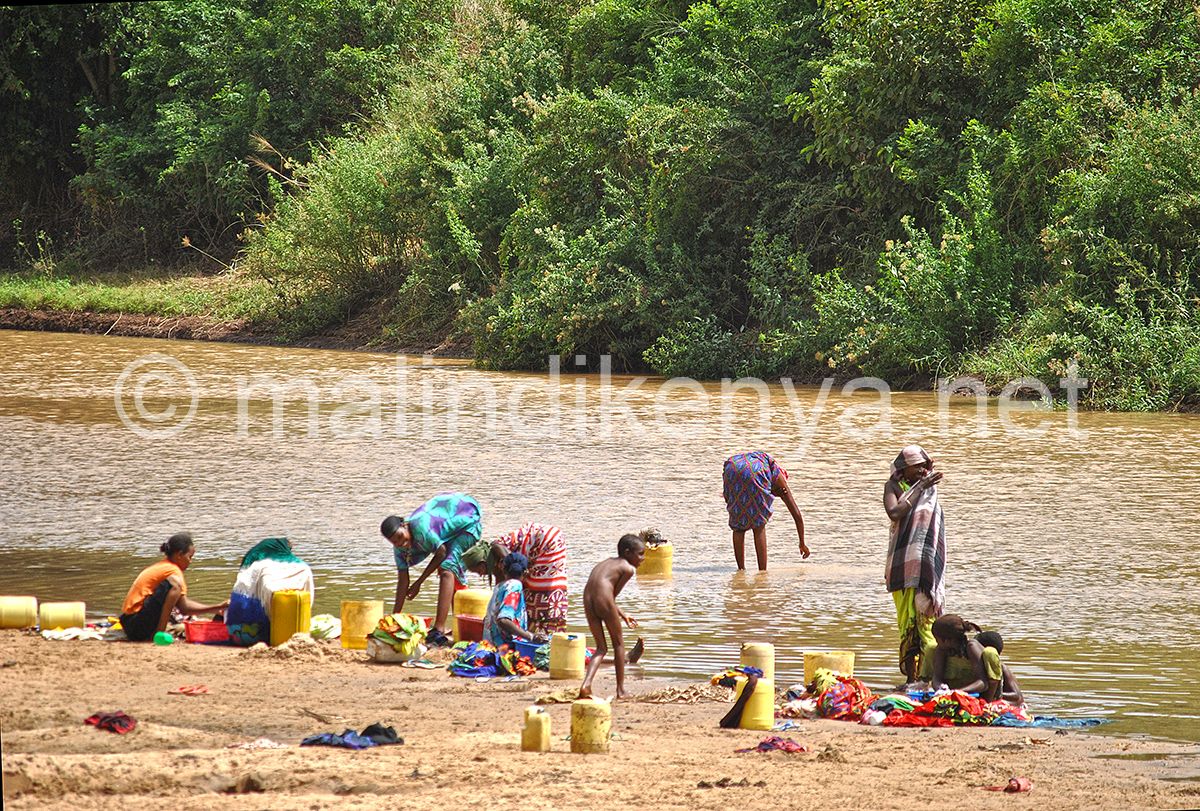
Today, all over the world we celebrate 'World Water Day'. As important as the virtual celebrations throughout the year may be, some of these should serve to draw attention to issues that affect us all closely, even though we live in an age where we often don't get our heads around things, even after we've bumped our heads.
In any case, water is one of the real life issues of mankind, and Africa is certainly at the centre of this problem.
Those who live in Kenya or frequent it cannot help but come across what is a visible sign of how vital water is and how there is never enough of it.
With a population of 54 million, 15 million Kenyans lack access to safe water and 37 million lack access to a safe toilet.
Growing water demand and water scarcity have turned into a notable challenge in Kenya. Climate change, population growth, urbanization, water pollution, and poor management of water resources have aggravated the issue of the water crisis, which affects economic activities, food security, education, and health. These challenges are especially evident in rural areas and urban slums where people are often unable to connect to piped water infrastructure.
Climate is the big challenge. After the relief, in terms of rainfall, brought by the El Niño cyclone this year, drought is once again affecting the semi-arid regions of Kenya, and the scorching heat gives no peace to the whole of East Africa.
In recent days, due to the water emergency and the heat, schools have been closed in South Sudan and Zambia has declared a national emergency.
These are all symptoms of a world facing what experts call an unprecedented water crisis. At least 50% of the planet's population - 4 billion people - face water shortages at least one month a year. By 2025, 1.8 billion people are likely to face what the Food and Agriculture Organisation of the United Nations (FAO) calls 'absolute water scarcity'.
Water is also synonymous with peace, and this is the theme for 2024, titled 'Harnessing Water for Peace', in a year blighted by wars. This is why in Kenya the celebrations will take place along the border between the counties of West Pokot and Elgeyo Marakwet, with the intention of helping to consolidate good relations between the warring communities. In Kenya, the battle of the semi-nomadic tribes for water has always been an ethnic war, and the continuous restriction of open spaces and the shortage of springs and watercourses only aggravates the situation.
The UN's call seems designed specifically for developing countries like Kenya, which do not address the issue of environmental sustainability in a serious manner.
Ecosystems that provide fresh water to humanity are disappearing at an alarming rate. Wetlands, peatlands, forested basins, lakes, rivers and aquifers are victims of climate change, overexploitation and pollution. This is compromising their ability to provide water for communities. These natural spaces must be urgently protected and those that have been degraded must be restored on a large scale. Countries would do well to develop specific and measurable targets for this work. Ideally, these targets should be included in national plans to combat climate change, protect biodiversity and avoid drought and desertification. This work is particularly important to ensure the water supply of cities, many of which suffer from water shortages.
Agriculture is responsible for about 70 per cent of all fresh water used globally. The adoption of water-saving food production methods, such as hydroponics, drip irrigation and agroforestry, can help water reserves grow even further. It is also helpful to encourage people to switch to plant-based diets, which generally require less water than meat-based diets. Beef, for example, is considered one of the largest water footprints, requiring up to 15,000 litres of water to produce one kilo of meat.
Being efficient also means reducing the amount of water lost due to leaks in municipal infrastructure and building pipelines. There are no global figures on the amount of water lost in this way, but national numbers indicate that the total is enormous.?In the United States alone, domestic leaks waste nearly 1 trillion gallons of water annually.
As the water supplies of lakes, rivers and aquifers dwindle, countries will have to get creative. This means exploiting undervalued water resources, for example by treating and reusing wastewater. Countries and communities can also implement rainwater harvesting, which involves collecting and storing water for use in times of drought. Desalination of salt water is also an option in some places, if implemented sustainably. The problem: the process often leads to the discharge of toxic brine into the ocean and increased greenhouse gas emissions due to the energy required to power the process.
Water is often abundant but too polluted to be useful for drinking, production or recreation. Measuring water quality can help policy makers prioritise actions to clean up water sources.
Decisions about water cannot be made in a vacuum. Water is a key component in every sector, from power generation to industry to agriculture. Therefore, countries must develop action plans that address water use and pollution in multiple sectors, addressing what experts call the water-energy-food-ecosystems nexus. This approach can help countries adopt coherent responses to water challenges while maximising aspects such as food and energy production.
LATEST NEWS
by redazione

NEWS
by redazione
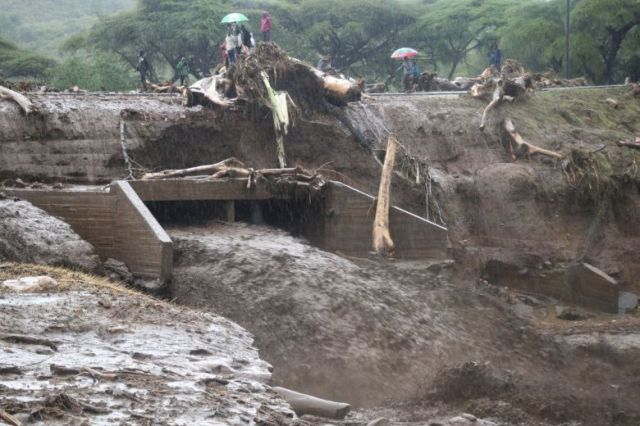
Where in Kenya the Covid-19 virus does not seem to have arrived yet, in the most remote moorlands of the ...

The 2021 rainy season in Kenya will be an atypical one, at least according to forecasts by local meteorologists. The...
COOPERATION
by Freddie del Curatolo

Concrete help to the populations of one of the most troubled areas of Kenya, West Pokot, thanks...
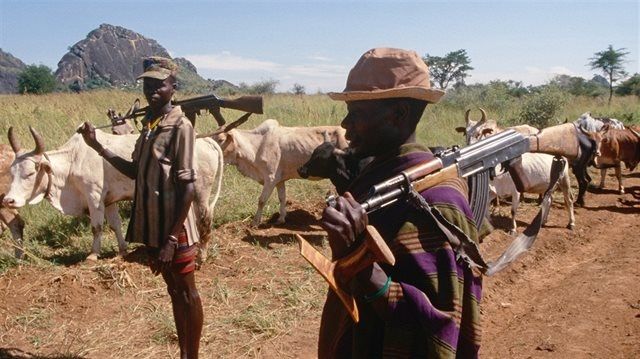
National security priority, this is the mantra of Kenya's President William Ruto, who on Sunday, during a speech...
CORONAVIRUS
by redazione
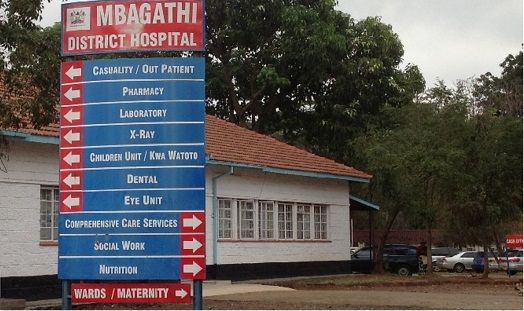
The tampons analyzed drop and consequently the cases drop at a topical moment to understand ...

Today's Kenya Song is a playful song by children in rural areas (practically 90% of the territory) who...
EVENTS
by redazione

A festive August bank holiday with food, music and a swimming pool.
The...
ENVIRONMENT
by redazione
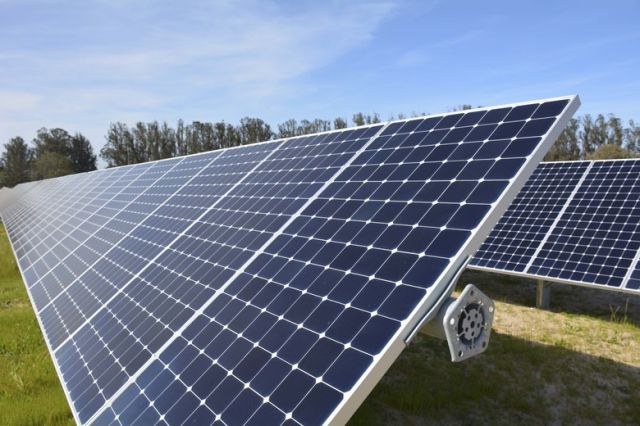
The first solar system that makes drinkable water from the Indian Ocean has been installed in Kiunga, in the...
PLACES
by redazione
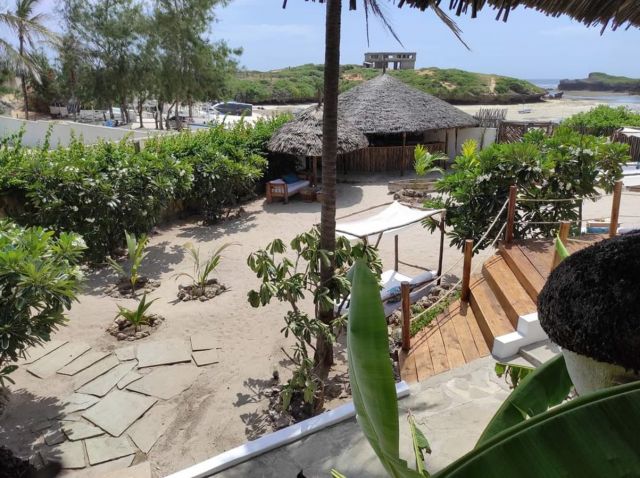
An original and fun day organised for Thursday 28 January by the renovated ...
TERRITORY
by redazione
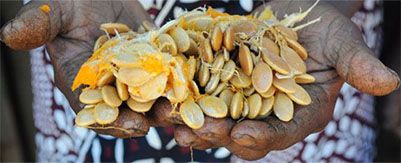
PLACES IN KENYA
by Freddie del Curatolo
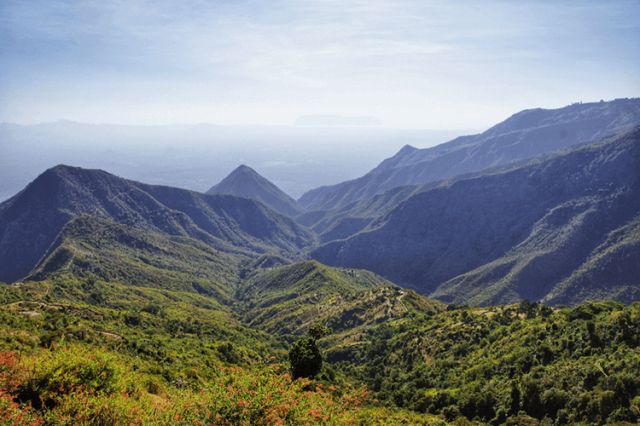
The green heart of Africa, where every nook and cranny is a metaphor for the continent's wild and...